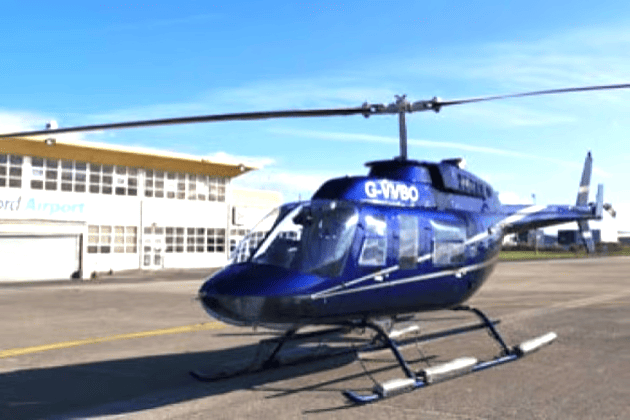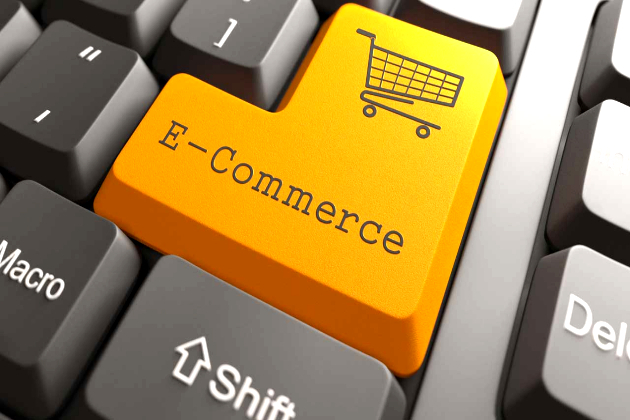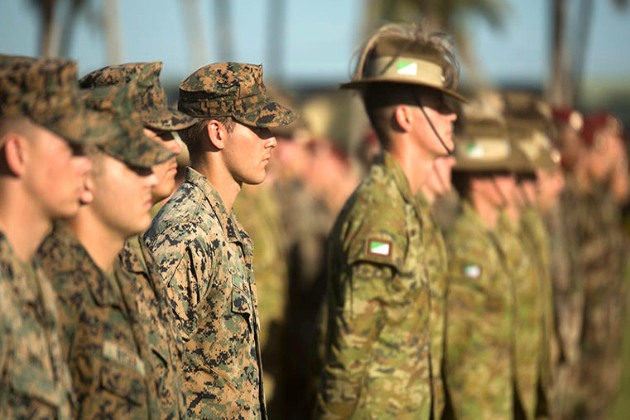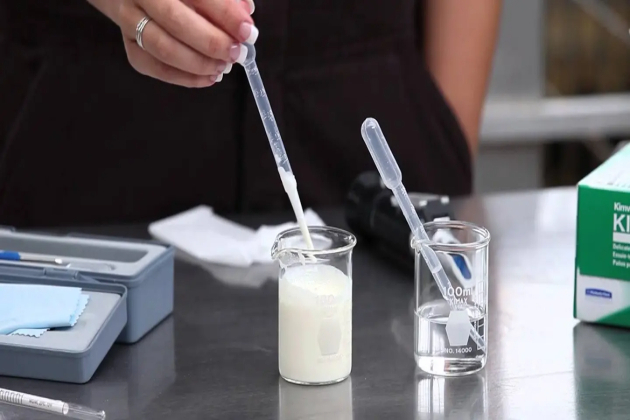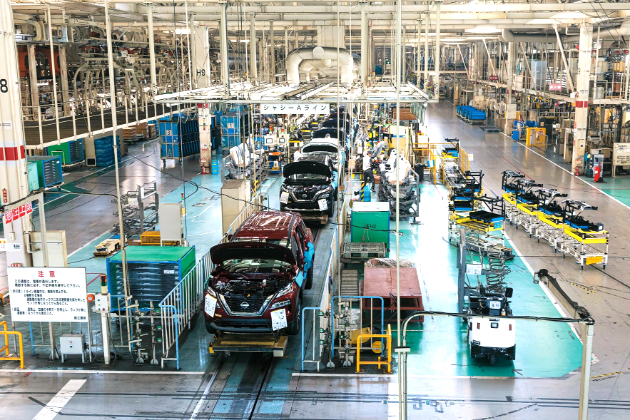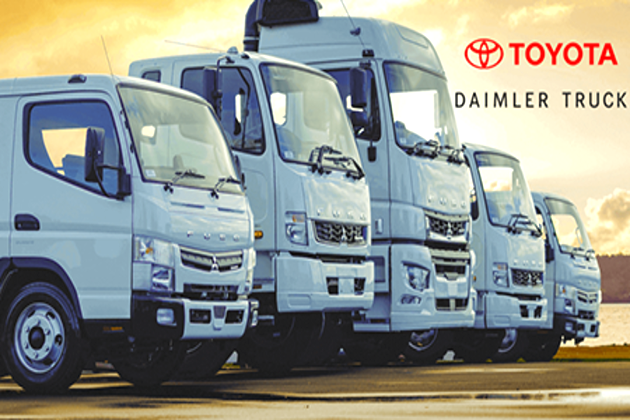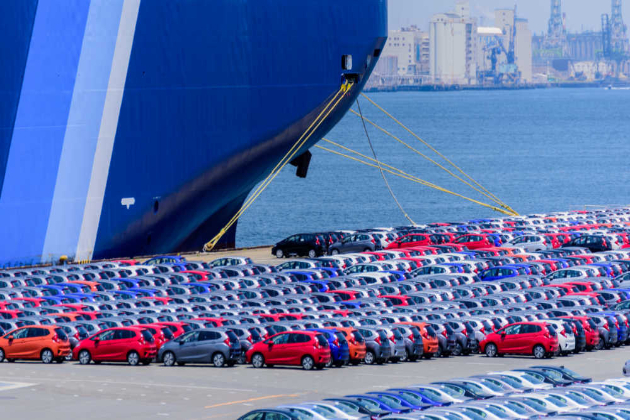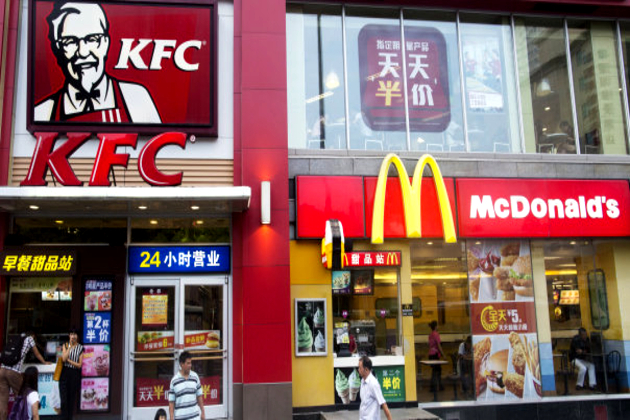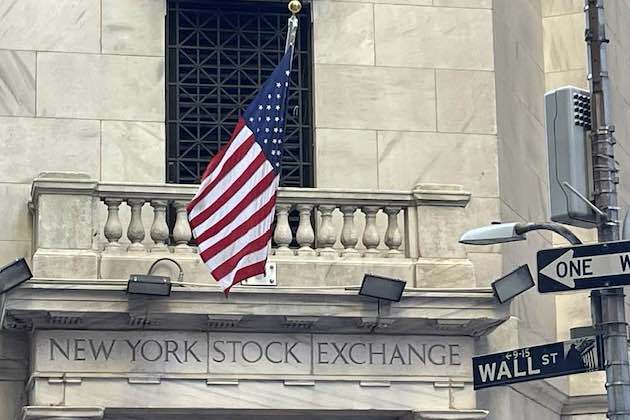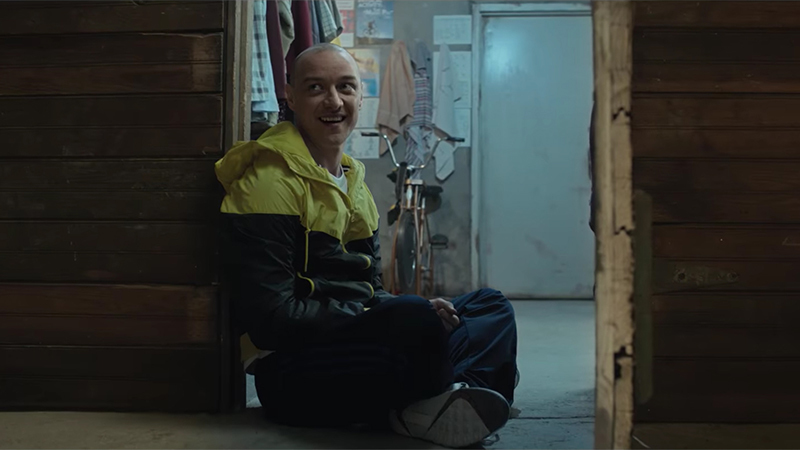Australians' feelings sour towards China: Lowy poll
The Conversation
25 Jun 2019, 19:47 GMT+10
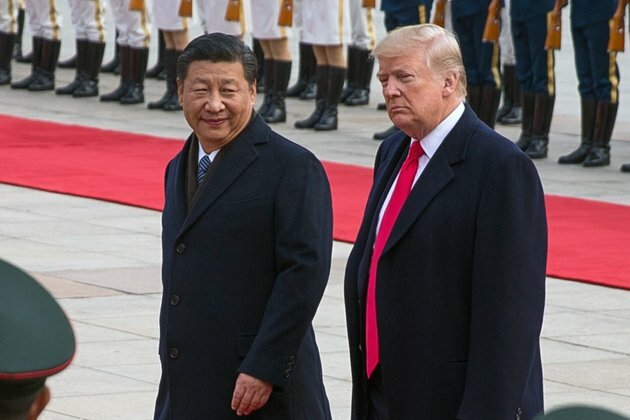
The attitudes of Australians towards China have soured dramatically in the past year, according to the Lowy Institute's annual poll released on Wednesday.
Only 32% trust China to act responsibly in the world - which is a drop of 20 points from the 2018 poll and the lowest level in the 15 years of the poll.
Despite this, more Australians have confidence in China's President Xi Jinping than have confidence in United States President Donald Trump.
Only 25% have confidence in Trump to do the right thing in world affairs (down five points since 2018), compared with 30% for Xi (a fall of 13 points since last year). Among those aged 18-29, none expressed "a lot" of confidence in Trump and 66% had "no confidence at all" in him.
The poll was done March 12-25, of 2130 people.
The results come as Scott Morrison, ahead of attending the G20 in Japan later this week, will address Australia's relations with China, the increasing US-China tensions and the changing regional power balance in a major foreign policy speech on Wednesday.
He will say that while Australia will be "clear-eyed" about the fact political differences will affect aspects of its engagement with China, "we are determined that our relationship not be dominated by areas of disagreement."
Lowy senior fellow Richard McGregor, who has previously reported as a journalist from Beijing, said the relentless coverage of China's political system, allegations of interference in Australia's politics, and its poor relations with its neighbours "seems to have finally registered" with the Australian public.
The results for China might have been worse if it were not for the Trump factor muddying the picture, he said. "There's a recognition that we're in for a much tougher time with China, and that's accurate," McGregor said.
On the Lowy "feelings thermometer" Australians' feelings towards China have cooled nine degrees to 49 degrees since 2018, while their feelings towards the US have fallen four degrees to 63 degrees. The US rates behind both New Zealand and the United Kingdom.
Lowy says: "In 2019, trust in and warmth towards China are at their lowest point" in its poll's history.
"Most Australians say that Australia's economy is too dependent on China and Australia should do more to resist China's military activities in our region. Scepticism continues about Chinese investment in Australia and China's intention in the Pacific."
Nearly three quarters (74%) agree "Australia is too economically dependent on China". Almost half (49%) say foreign interference in Australian politics is "a critical threat" to Australia's vital interests - a rise of eight points from last year.
Some 77% believe "Australia should do more to resist China's military activities in our region". This is up 11 points since 2015. Six in ten people would support the Australian military conducting freedom of navigation operations in the South China sea.
There remains high concern about Chinese investment, with 68% saying the government is "allowing too much investment from China", although this is a little lower than the 72% high point of last year.
Reflecting Australians' mixed feelings as the country balances its relations with the US and China, 50% believe the government "should put a higher priority on maintaining strong relations with the United States, even if this might harm our relations with China".
But 44% believe it should "put a higher priority on building stronger relations with China, even if this might harm our relations with the United States".
With Australia's policy pivot towards the Pacific being driven in substantial part by China's expanding interest and influence in the region, 55% think that "if China opened a military base in a Pacific island country" this would be "a critical threat" to Australia's interests. 73% agree "Australia should try to prevent China from increasing its influence in the Pacific" - although views are split about spending more money there.
When people were asked about their confidence in nine leaders, New Zealand's Jacinda Ardern rated highest - 88% have a lot or some confidence in her. Behind her are Scott Morrison (58%), then opposition leader Bill Shorten (52%), Indonesia's President Joko Widodo (34%), Xi (30%), Trump and Myanmar's Aung San Suu Kyi (both on 25%. "This means President Trump is only ahead of Russia's Vladimir Putin (21%) and North Korea's Kim Jong-un (7%)," Lowy said.
The Trump factor has complicated attitudes to the US but the alliance retains overwhelming support with 72% saying it is very or fairly important for Australia's security (down four points in a year). But 66% think Trump has weakened the alliance and only 52% trust the US to act responsibly in the world. This is little changed from last year but the lowest trust in the US since the question was first asked in 2006 and 31 points lower than in 2009.
In other results:
climate change is rated highest among the threats to Australia's vital interests. Nearly two thirds (64%) rated it as a "critical threat", up six points since last year and 18 points since 2014.
75% say free trade is good for their own standard of living, and 71% believe it is good for Australia's economy.
47% (a fall of seven points since 2018) say the number of migrants coming is too high.
Author: Michelle Grattan - Professorial Fellow, University of Canberra 
 Share
Share
 Tweet
Tweet
 Share
Share
 Flip
Flip
 Email
Email
Watch latest videos
Subscribe and Follow
Get a daily dose of North Korea Times news through our daily email, its complimentary and keeps you fully up to date with world and business news as well.
News RELEASES
Publish news of your business, community or sports group, personnel appointments, major event and more by submitting a news release to North Korea Times.
More InformationInternational
SectionFAA acts to prevent midair collisions near Las Vegas airport
WASHINGTON, D.C.: This week, the Federal Aviation Administration (FAA) said it is taking steps to stop collisions between helicopters...
Trump and Zelenskyy meet in private at Pope Francis funeral
THE VATICAN - U.S. President Donald Trump met privately with Ukrainian President Volodymyr Zelenskyy in St. Peter's Basilica in Vatican...
Kennedy and Makary say FDA will phase out synthetic food dyes
WASHINGTON, D.C.: This week, Health Secretary Robert F. Kennedy Jr. and FDA Commissioner Marty Makary said they plan to remove artificial...
Trade talks to target India’s digital market rules
WASHINGTON, D.C.: The United States plans to press India for sweeping changes to its e-commerce policies as part of negotiations aimed...
UK and New Zealand to boost defence ties
LONDON, U.K.: British Prime Minister Keir Starmer and New Zealand Prime Minister Christopher Luxon decided to strengthen their countries'...
US FDA halts dairy testing program due to staff shortage
WASHINGTON, D.C.: The U.S. Food and Drug Administration (FDA) is stopping a quality control program that tests milk and other dairy...
Business
SectionNissan accelerates strategy in China to compete with global rivals
SHANGHAI, China: Nissan is making a fresh push to regain its footing in China with a US$1.4 billion investment and a pledge to speed...
Toyota’s Hino and Mitsubishi Fuso near merger deal
TOKYO, Japan: Toyota's Hino Motors and Daimler Truck's Mitsubishi Fuso are edging closer to a long-awaited merger of their truck operations,...
Trade talks to target India’s digital market rules
WASHINGTON, D.C.: The United States plans to press India for sweeping changes to its e-commerce policies as part of negotiations aimed...
China’s automobile exports jump 16% in early 2024
BEIJING, China: China's automobile exports rose sharply in the first quarter of 2024, with 1.54 million vehicles shipped abroad, marking...
Beijing BBQ spot drops US beef over high tariffs
BEIJING, China: At Home Plate BBQ in Beijing, the iconic Texan brisket is about to get a new passport. The restaurant, known for its...
Dow Jones edges up 20 points, Nasdaq Composite adds 217 points
NEW YORK, New York - Stocks were largely higher on Friday with all the indices notching up daily and weekly gains. Steadying the markets...

